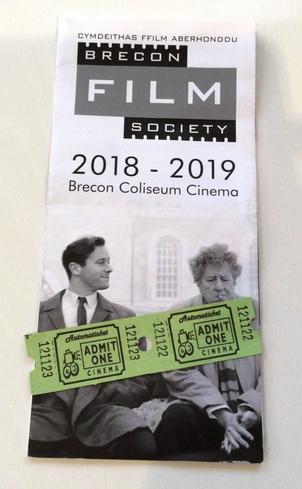
There are two screens, and the cinema also hosts the Brecon Film Society, whose 2018-2019 season includes a selection of 'the best new releases and classic movies from British and World Cinema' - usually shown on the first Monday of each month. At £35 a year (£30 concessions) it's great value, with non-members welcome at £6 a film.
I've blogged elsewhere about the wonderful Cinema Museum in London and other loved cinemas. Most of the great Valleys cinemas have long gone, and apparently the multiplex at Merthyr Tydfil has lured some locals away with its offer of £5 a pop and a two-for-one eatery next door, but that's a 36 mile round trip, and if I lived in Brecon I'd definitely support this beautiful old cinema, whose demise would be a sad loss to the community.
coliseumbrecon.co.uk/brecon/now/

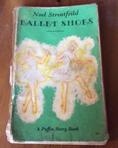
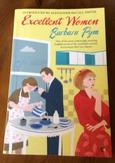
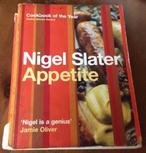
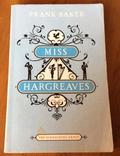
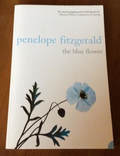
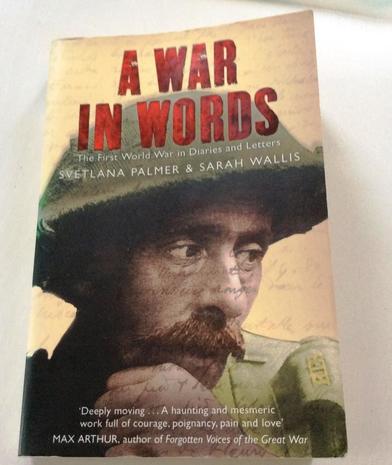

 RSS Feed
RSS Feed
